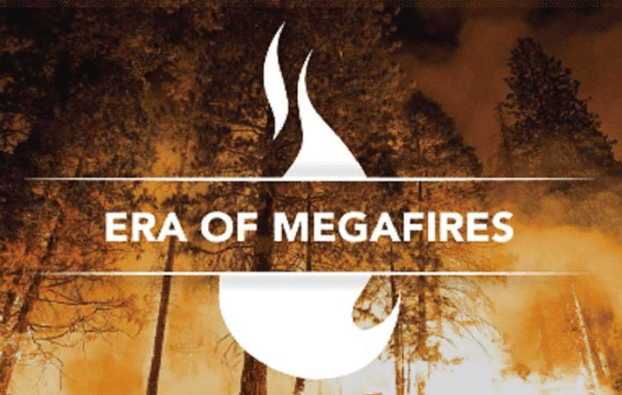Events
Recovery and adaptation after wildfire
View webinar recording. Becoming a fire-adapted community that can live with wildfire is envisioned as a continuous, iterative process of adaptation. Miranda Mockrin, a research scientist with the Forest Service combined national and case study research to examine how experience with wildfire alters the built environment and community- and government-level wildfire mitigation, planning, and regulations.…
Modeling dynamic fuels with an index system: MoD-FIS in the Great Basin and southwestern US
Webinar recording The LANDFIRE Program strives to produce consistent fire behavior fuel model grids for the U.S. These models are relevant for predicting fire behavior, including spread and intensity, during average conditions; however, they often fall short during drought or seasonably dry conditions. To address the need for that information, LANDFIRE developed a seasonal product…
Relations among cheatgrass-driven fire, climate and sensitive-status birds across the Great Basin
View webinar recording.This webinar highlights a project examining how projected changes in fire regimes and fire and fuels treatments may affect habitat quality for and probability of occupancy of sensitive-status breeding birds. Statistical change-point analyses will be used to detect any abrupt, nonlinear temporal changes-thresholds-in projected vegetation cover, habitat quality, and occupancy. Detection of ecological…
Era of Megafires Presentation with Paul Hessburg
View the Ted Talk. The Era of Megafires is a 70-minute, multi-media presentation hosted by Dr. Paul Hessburg, who has conducted fire and landscape ecology research for more than 27 years. The presented material comes in the form of fast-moving, short, topic-based talks interspersed with compelling video vignettes and features the work of wildfire photographer,…
Using climate and water models to examine future water availability and biodiversity in CA and the Great Basin
View webinar recording. As the predicted impacts of climate change are becoming more apparent, natural resource managers are faced with the task of developing climate adaptation plans. These managers need state-of-the-art, scientifically based information upon which to base these management plans and decisions consistently across California and the Great Basin. In this webinar, principal investigator…
Fire Prediction Across Scales – 2017 Conference
Columbia University's Morningside Campus New York, United StatesThe Columbia University Initiative on Extreme Weather and Climate is pleased to announce the conference "Fire Prediction Across Scales", in New York City. The goal of the conference is to synthesize the cutting edge in fire prediction, ranging from the behavior of a single wildfire, to changes in global fire patterns over centuries. The conference is intended…
Interagency coordination to meet multiple objectives: An effective approach to wildfire
View webinar recording. While the number of acres burned annually by uncharacteristic wildfire continues to grow, it is becoming exceedingly important for agencies to identify opportunities to use wildfire to meet multiple land management and resource objectives. When conditions allow for unplanned ignitions to be managed for one or more of these objectives, it may…
Successful vegetation management practices in the sagebrush-steppe
Learn more from the overview webinar. Access training modules. This learning series responds to Section 7.b.iii, Action Item #5 within the Fuels section of the 2015 Integrated Rangeland Fire Management Strategy, which calls for a comprehensive knowledge transfer program to enhance the fuels management program’s role in sagebrush-steppe management. The Strategy is intended to improve…
Assessment of the effects of non-native ungulate grazing on greater sage-grouse
Webinar recording. This webinar describes a project that uses management-related variation in grazing by both feral horses and livestock as well as five years of field work to assess how both greater sage-grouse and the habitats on which they depend might be influenced by grazing. The research team includes James S. Sedinger, Tessa L. Behnke,…
An all lands approach to grazing management
View webinar recording. The webinar "An All Lands Approach to Grazing Management" examined cross-boundary strategies for cooperative grazing management between a variety of federal and state agencies in Idaho. These efforts seek to achieve a more flexible management system across ownership boundaries to better respond to various rangeland challenges. Moderator: Curtis Elke, State Conservationist for…



